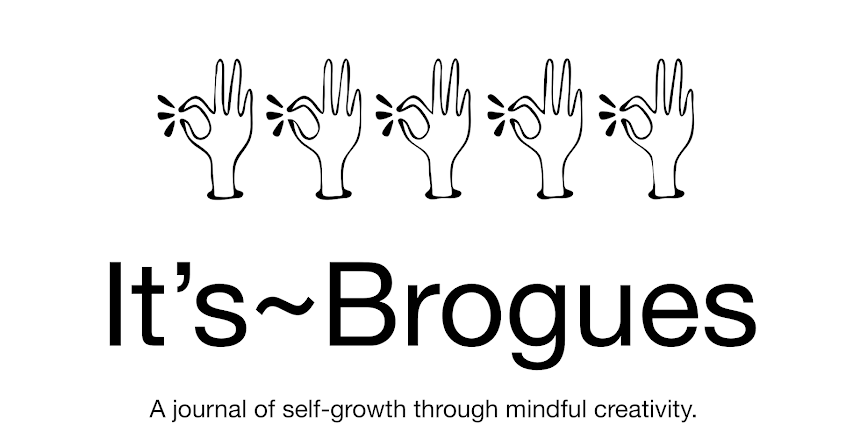I'm a big fan of Pedro Almodóvar. The internationally rated Spanish auteur is a verified virtuoso of thematic and generic transgression, a total master of melodramatic, multidimensional movies. He's renowned for his brash and comic musings on contemporary society and the postmodern condition, constantly keeping a beady eye on constructions of gender and sexual identity.
You'll possibly know him from the likes of Volver, The Skin I Live In, or his latest offering (in which his characteristic camp aesthetic is well and truly back), I'm So Excited. Personally, I'm pretty partial to his earlier endeavours; they're a tad grittier, a touch more raw and IN-YA-FACE. This in mind, I was kinda excited to chance upon his 1990 work Átame [Tie Me Up! Tie Me Down!], a film I hadn't previously been familiar with. Oooh. So, having now had my own little screening of it, I thought I'd give y'all an insight into this weird and wonderful film (just in case you're intrigued/fancy checking it out yourself).
One thing to bear in mind with Pedro is that he's a very knowing director. That is, absolutely nada in his creations is accidental; his visual aesthetic is super playful and tantalisingly tongue-in-cheek. He frequently draws attention to masculine physicality (sorta cope-with-able when a youthful Antonio Banderas is the male lead) through mischievous camera angles and recurrent motifs. And his multilayered plot lines are about as far from conventional as one could possibly imagine, in a good way. This is absolutely applicable to Átame.
Here's the gist: 23 year-old Ricky (Banderas) has been passed between social institutions his whole life, having been orphaned as a niño. On being released from the psychiatric hospital he's been calling home, he has one objective: to find a woman with whom he can settle down and have kids. And so the irony begins. Ah, and that lady can only be ex-porn actress and recovering drug addict Marina (Victoria Abril) who he's totally fixated with. Not fussy then. But Ricky's got skills, and he tracks Marina down, stalks her back to her apartment and greets her with: "I have 23 years and 50,000 pesetas. I'm alone in the world and hope to be a good husband to you and a good father to your children" (roughly translated). Can't fault him for his game anyway. So, when Marina politely rejects her somewhat unhinged stalker, Ricky gags her (obviously) and keeps her captive in her own home, promising that she'll grow to love him as much as he loves her.
As with all of Almodóvar's offerings though, it's impossible to grip on to preconceived perceptions of cookie cutter stereotypes (Ricky the loco being a prime example), since his characters are so marvellously multifaceted. Coz underneath Ricky's "crazy" exterior lies a certain fragility and naïvety that comes to win you over; trust me. And paradoxically, despite being lumped with the "damsel in distress" role, it is actually Marina who emerges as the more headstrong and powerful of the two protagonists. Indeed, the film is riddled with incongruities. Yeah, Ricky gags her, but he tests out the tape on himself first to make sure it's non-abrasive (if that's not love I don't know what is). Yeah, at first glance his captive methods appear to be the result of some sick sadomasochistic drive, but *spoiler* the intimate moments that ultimately ensue are just that: intimate. And it's actually Marina that instigates them. I know.
 |
| Wendepunkt. |
So. Without totally giving the plot away, Almodóvar leaves us with a very twisted and postmodern take on the fairy tale prince/princess "and they all lived happily ever after" paradigm. But obviously it's not quite as plain sailing as that. This is Pedro we're talkin' about.





No comments:
Post a Comment